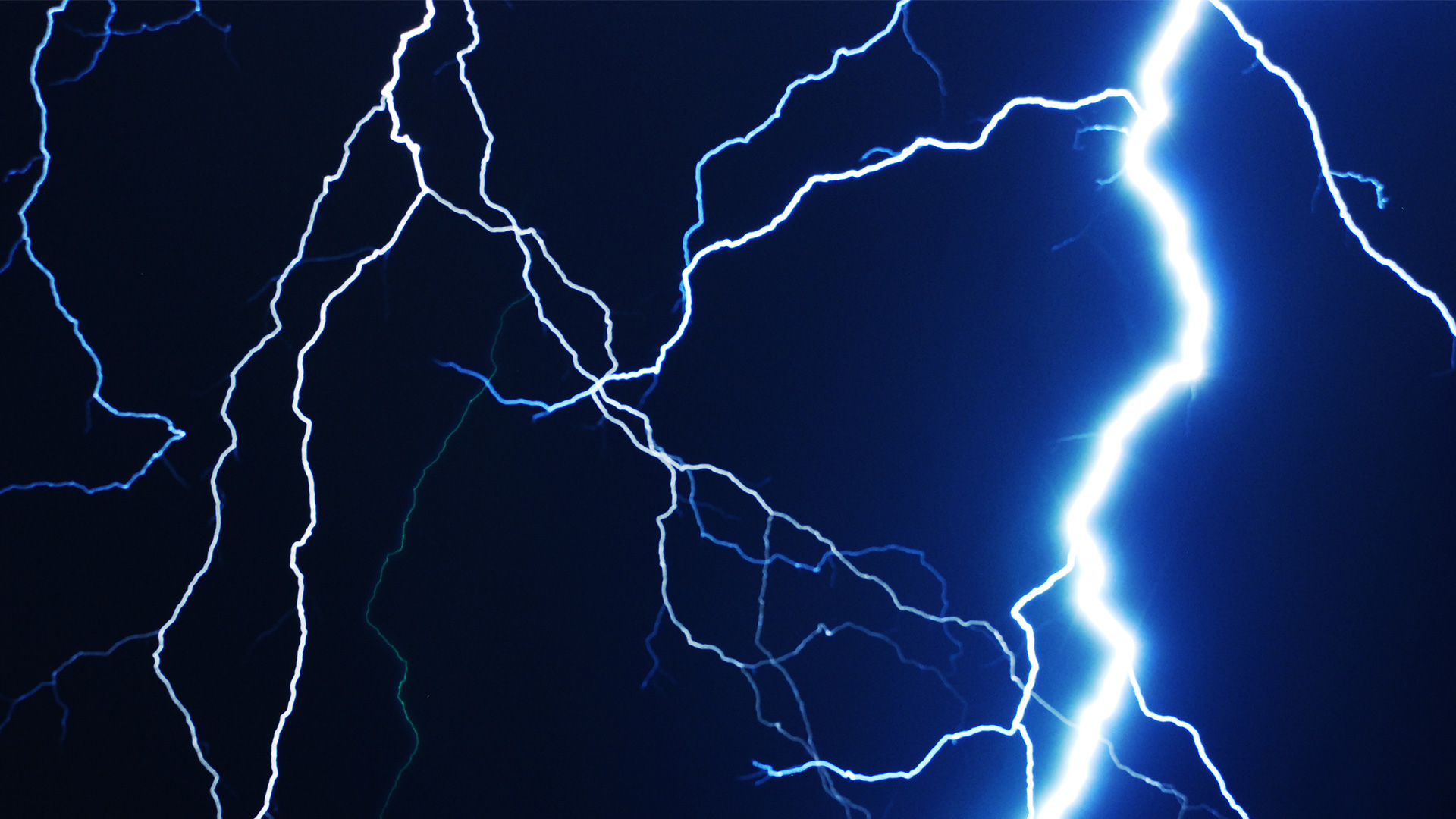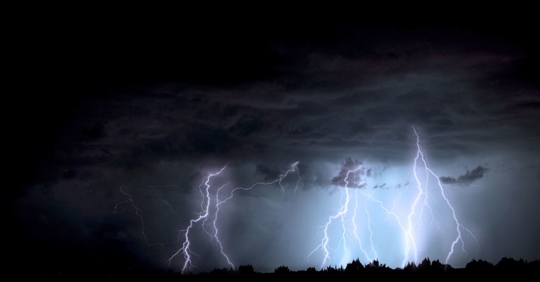Identifying Vulnerable Components
When it comes to the resilience of your home's electrical system, certain components are more vulnerable to the wrath of extreme weather. Circuit breakers, wiring, and outdoor outlets are among the most susceptible. Circuit breakers are designed to protect your home from electrical overloads, but during severe weather, they can trip more frequently due to power surges caused by lightning or downed power lines. Wiring, especially if it's outdated or improperly insulated, can suffer from short circuits and even fires when exposed to moisture or extreme temperatures. Outdoor outlets, often exposed to the elements, can become waterlogged or damaged by debris, leading to potential electrical hazards.
The risks associated with these components are significant and varied. Power surges can fry electronics and appliances, leading to costly replacements. Short circuits can cause electrical fires, posing a serious threat to your home's safety. Water damage to outdoor outlets can result in electrical shock or failure of critical systems. Understanding these vulnerabilities is the first step in safeguarding your home against the unpredictable nature of extreme weather events.
Analyzing Weather Patterns and Risks
Extreme weather comes in many forms, each with its own unique impact on electrical systems. Hurricanes, for instance, bring powerful winds and torrential rains that can knock down power lines and flood electrical components. Heatwaves can strain electrical systems as air conditioning units work overtime, increasing the risk of overloads and failures.
Certain geographical areas are more prone to specific weather events, presenting unique challenges for homeowners. Coastal regions, like Tampa, FL, often face hurricanes and tropical storms, requiring robust electrical systems to withstand these forces. Northern areas may deal with snowstorms and freezing temperatures, necessitating insulation and protection against ice damage. Understanding the weather patterns in your area can help you anticipate risks and take appropriate measures to protect your home.
Conducting a Home Electrical Audit
Before extreme weather strikes, conducting a home electrical audit is a proactive way to identify potential weaknesses in your system. Start by inspecting your circuit breakers, ensuring they are functioning correctly and not showing signs of wear. Check your home's wiring for any signs of fraying or damage, particularly in areas prone to moisture. Outdoor outlets should be examined for proper sealing and protection against water ingress.
Homeowners can use various tools and resources to perform an effective audit. A multimeter can help test electrical circuits for proper voltage and continuity. Infrared thermometers can detect hotspots in wiring that might indicate potential issues. Additionally, consulting online resources or guides can provide valuable insights into conducting a thorough inspection. By identifying vulnerabilities early, you can address them before they become major problems during extreme weather events.
Upgrading and Reinforcing Electrical Systems
To enhance the resilience of your electrical system, consider specific upgrades and reinforcements. Surge protectors are essential for safeguarding against power surges, while backup generators provide a reliable power source during outages. Weatherproofing measures, such as sealing outdoor outlets and insulating wiring, can protect against moisture and temperature extremes.
Hiring licensed electricians for complex upgrades and installations is crucial. Professionals have the expertise to ensure that systems are installed correctly and meet safety standards. They can also provide valuable advice on the best solutions for your specific needs. Investing in these upgrades not only protects your home during extreme weather but also enhances overall safety and efficiency.
Implementing Emergency Protocols
During extreme weather, following essential safety protocols can protect both your home and family. Shutting off power to certain areas of the house can prevent electrical fires and damage. Using battery-powered devices ensures you have access to light and communication if the power goes out. It's also important to have a plan for maintaining communication, whether through battery-powered radios or mobile phones, to stay informed about weather updates and emergency instructions.
Maintaining communication is crucial during extreme weather events. Ensure that all family members know the emergency plan and have access to necessary supplies, such as flashlights and batteries. Staying informed about weather updates allows you to make timely decisions and take appropriate actions to safeguard your home and loved ones.
Utilizing Backup Power Solutions
Backup power systems, such as portable generators and solar battery systems, provide a reliable source of electricity during outages. Portable generators are versatile and can power essential appliances, while solar battery systems offer a sustainable solution that harnesses renewable energy. Each type of backup power system has its advantages, depending on your needs and preferences.
Safe operation and maintenance of backup power sources are crucial during extreme weather conditions. Ensure that generators are used outdoors to prevent carbon monoxide buildup, and follow manufacturer instructions for safe operation. Regular maintenance, such as checking fuel levels and testing equipment, ensures that your backup power system is ready when needed. By having a reliable backup power solution, you can maintain essential functions and comfort during extreme weather events.
Inspecting for Damage
After extreme weather has passed, inspecting your electrical system for damage is essential. Look for visible signs such as frayed wires, burnt outlets, or water damage to outdoor components. These indicators can signify underlying issues that need immediate attention. A thorough inspection helps identify potential hazards and ensures that your electrical system is safe and functional.
Knowing when to call a professional electrician for a comprehensive assessment is crucial. If you notice significant damage or are unsure about the condition of your electrical system, it's best to seek expert advice. Professional electricians have the tools and expertise to conduct a detailed inspection and recommend necessary repairs or upgrades.
Documenting and Reporting Issues
Documenting any damage for insurance purposes is an important step in the post-weather assessment process. Take photos and notes of any visible damage, and keep records of any repairs or replacements. This documentation can be invaluable when filing claims with insurance companies or reporting issues to utility providers.
Timely repairs are essential to prevent further damage and ensure safety. Addressing issues promptly reduces the risk of additional problems and helps maintain the integrity of your electrical system. By taking these steps, you can protect your home and ensure a swift recovery after extreme weather events.
Developing a Maintenance Schedule
Creating a regular maintenance schedule is a proactive way to keep your electrical system in optimal condition. Regular checks can identify potential issues before they become major problems. Seasonal checks, such as inspecting outdoor outlets before winter or testing surge protectors before storm season, ensure that your system is ready for any weather.
Routine professional inspections are also recommended to maintain long-term resilience. Licensed electricians can provide expert assessments and recommend necessary upgrades or repairs. By investing in regular maintenance, you can prevent future weather-related issues and ensure the safety and efficiency of your electrical system.
Investing in Smart Home Technology
Integrating smart home technology can significantly enhance the resilience of your electrical system. Smart surge protectors and automated monitoring systems provide real-time alerts and remote control capabilities, allowing you to respond quickly to potential issues. These technologies offer peace of mind by ensuring that your system is monitored and protected, even during extreme weather events.
The benefits of smart home technology extend beyond resilience. These systems can improve energy efficiency, reduce costs, and provide valuable insights into your home's electrical usage. By investing in smart technology, you can enhance the safety and functionality of your electrical system while preparing for the challenges of extreme weather.
Stay Prepared Year Round with I & C Electrical Contracting Services
Protecting your home from the impact of extreme weather is crucial for safety and peace of mind. At I & C Electrical Contracting Services, we specialize in providing expert electrical solutions tailored to your needs. Whether you need a comprehensive electrical audit, system upgrades, or smart home technology integration, our licensed electricians are here to help. Contact us today to ensure your home is prepared for whatever Mother Nature throws your way.
Call I & C Electrical Contracting Services now at (813) 859-5646 or send us a message online.

